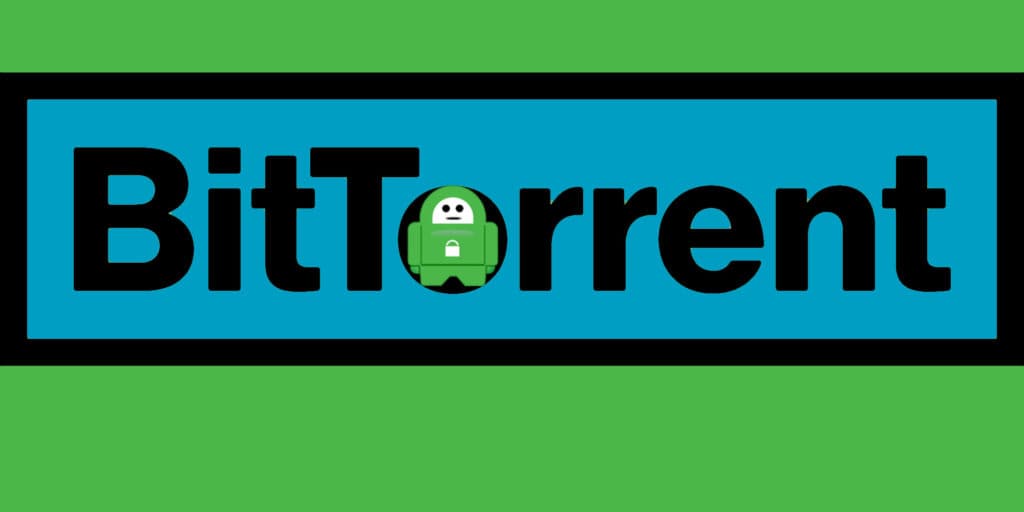

- Private internet access down pro#
- Private internet access down download#
- Private internet access down free#
That's because your traffic is being routed through a VPN server, creating one extra step in the data transfer process. In most cases, you can expect your internet speed to take a small hit when using a VPN. Your ISP won't always route your data through the fastest channels, but with a VPN you can bypass these limitations. It helps with inefficient ISP routing.But they can't target you with bandwidth throttling if they don't know what sites you're visiting, thanks to your VPN. Some major ISPs have even been accused of throttling streaming entertainment services like Netflix, as a way of putting pressure on rival companies or steering users towards the ISP's preferred services. Sometimes your ISP will limit the speed at which certain online activities take place if you're watching live sports during peak internet usage times, for example, they can slow your connection down. It helps you evade bandwidth throttling.There are two main ways in which a VPN can help: This happens when your ISP uses bandwidth throttling to target you, artificially slowing down your connection to release pressure on the wider network. In some cases, a VPN can actually make your internet faster. In this situation, a VPN is a true lifesaver – by routing your internet traffic through a virtual private network, you can bypass any content- or user-specific speed limitations imposed by your ISP.
Private internet access down download#
As a user, this usually means that you won’t be able to stream videos or download content as fast as you normally would. Users might experience this by their internet speed slowing down for specific websites or at certain times. Sometimes, internet service providers (ISPs) throttle bandwidth on purpose. If your internet speed is low to begin with, a VPN won’t be the only culprit of sluggish speeds. So, it’s a matter of preference: do you prioritize maximum speed or data protection against snoopers? In terms of NordVPN security, next-generation AES-256 encryption implemented into the IKEv2/IPsec and OpenVPN security protocols gives users incredibly powerful data protection. However, there is a small tradeoff you have to make: the security and privacy supported by the strongest available encryption can produce latency and lower internet speeds.
Private internet access down pro#
PRO TIP: The strongest type of AES is what you should be looking for in a VPN. The higher the encryption level, the more reliable the protection of your data.

It may come in different levels of strength, such as 128-bit, 192-bit, and 256-bit encryption. However, the way encryption is handled depends on the VPN service provider, which can cause latency if executed poorly.Īdvanced Encryption Standard (AES) is the block cipher algorithm used as the current encryption standard. It makes your online traffic inaccessible to hackers and snoopers, letting you browse in privacy. NordVPN's Quick Connect button comes in handy here because it automatically picks the best server to give you the fastest speeds possible.Įncryption is the key feature of virtual private networks. Users of premium VPNs with extensive servers should almost never face latency, and can always rely on faster VPN speeds.
Private internet access down free#
Overload issues are common among free and slow VPNs that cram too many users into too few servers in the hope that being “free” is enough to gain users. When there are too many users connected to one server, the VPN connection speed drops. To help reduce VPN latency as much as possible, search for a high speed VPN service provider with a broad country coverage and a large number of servers, like NordVPN which offers 5200+ servers in over 60 countries. Unless you need to connect to a server in specific location, it's better to choose VPN servers in nearby countries or the one you're in. So the nearer a server is located, the faster the internet speed will be. For example, if you’re in the UK and connecting to a server in Australia, it is a substantial distance for a data packet to travel. Shorter distances between you and the VPN server improve internet speeds. There are several reasons why you might experience latency. And as you'll see in this article, if you're using a good VPN brand, the service can offer a variety of benefits, some of which may even prevent ISP throttling and speed up your overall internet experience. However, a premium VPN like NordVPN is so fast that you won't normally notice any increased latency the slowdown is usually imperceptible for the user. Does a VPN make your internet speed slower and cause latency? Simply put, a VPN will slow your internet connection down, because your internet traffic is going through the VPN server: it's an extra step in the process.


 0 kommentar(er)
0 kommentar(er)
